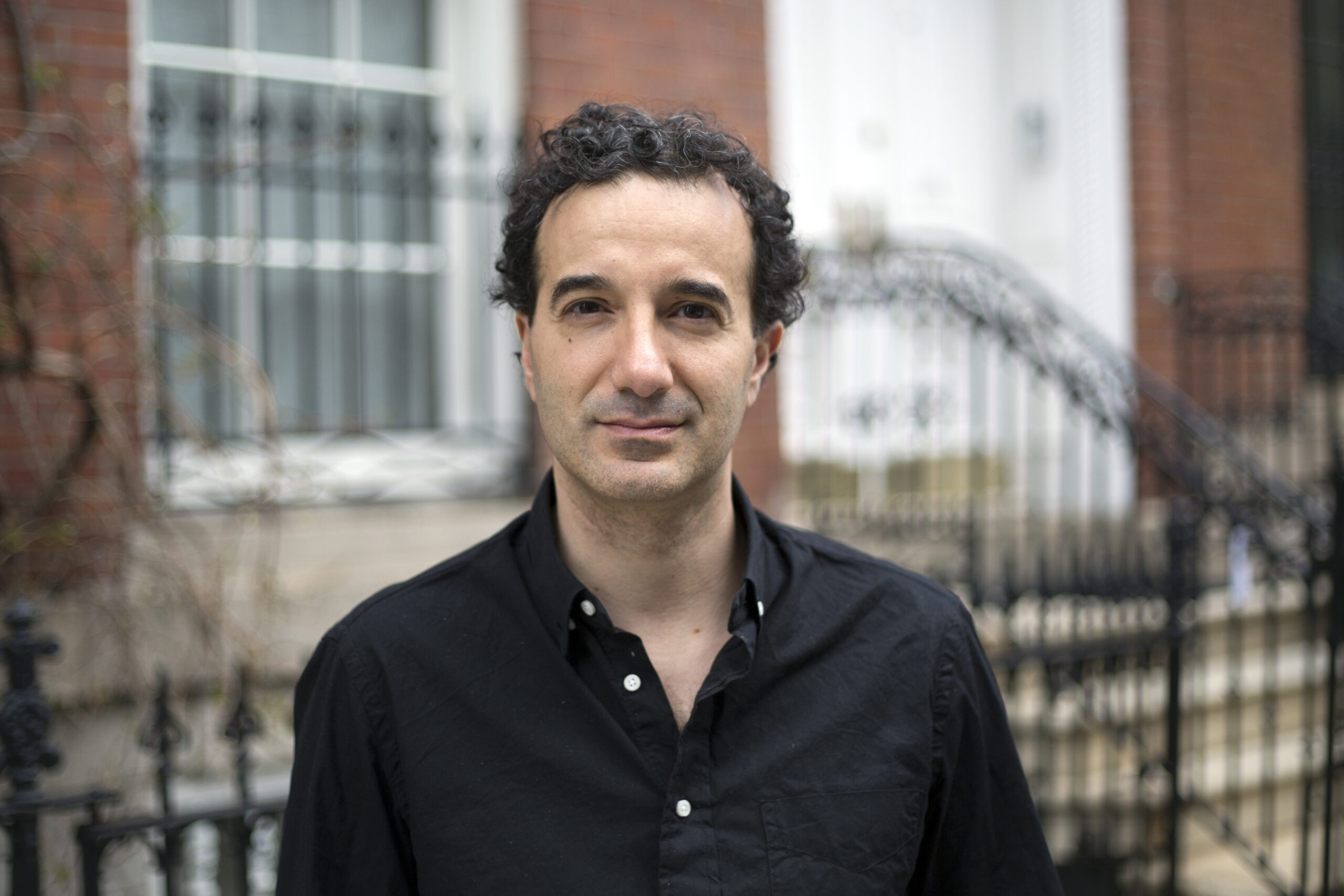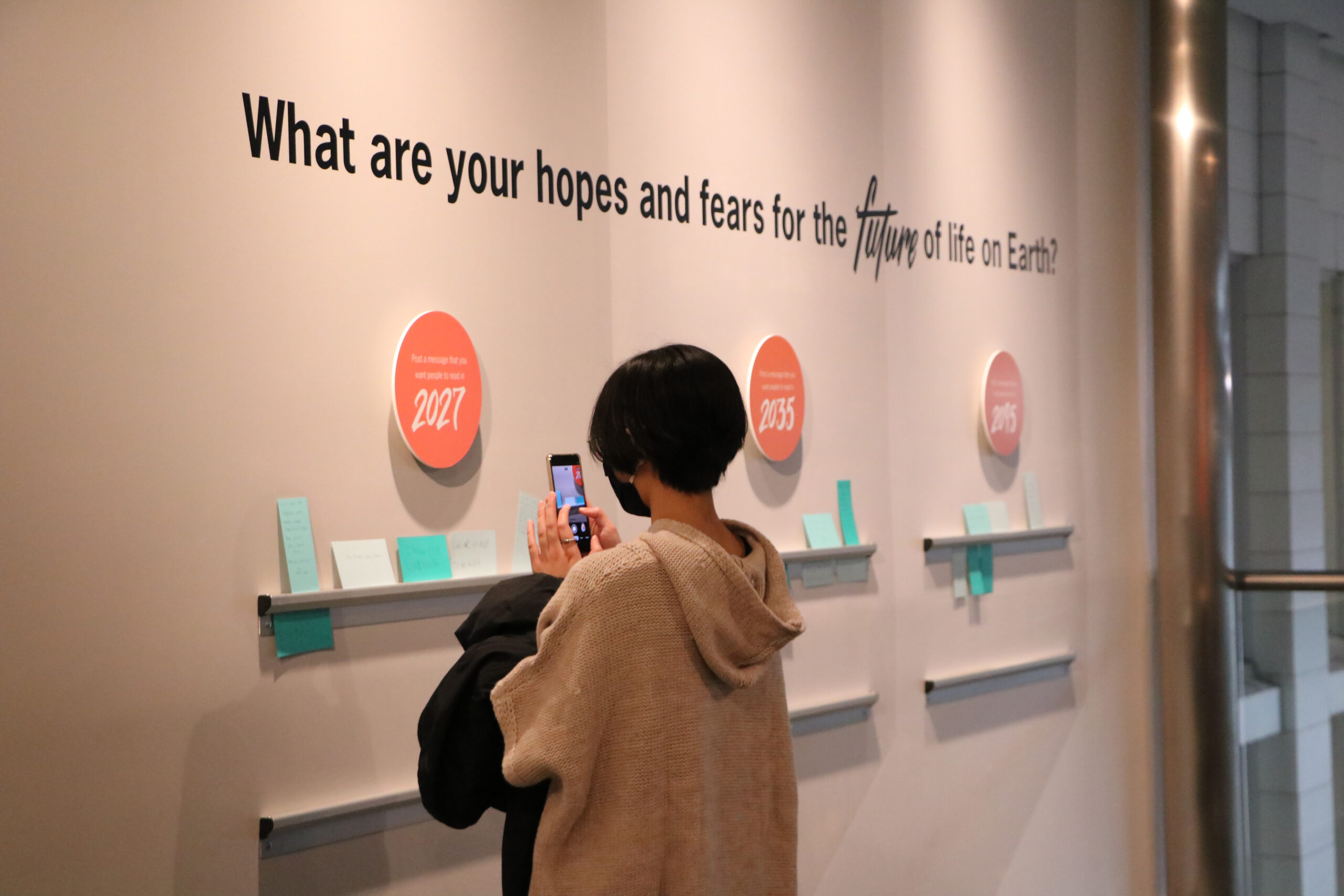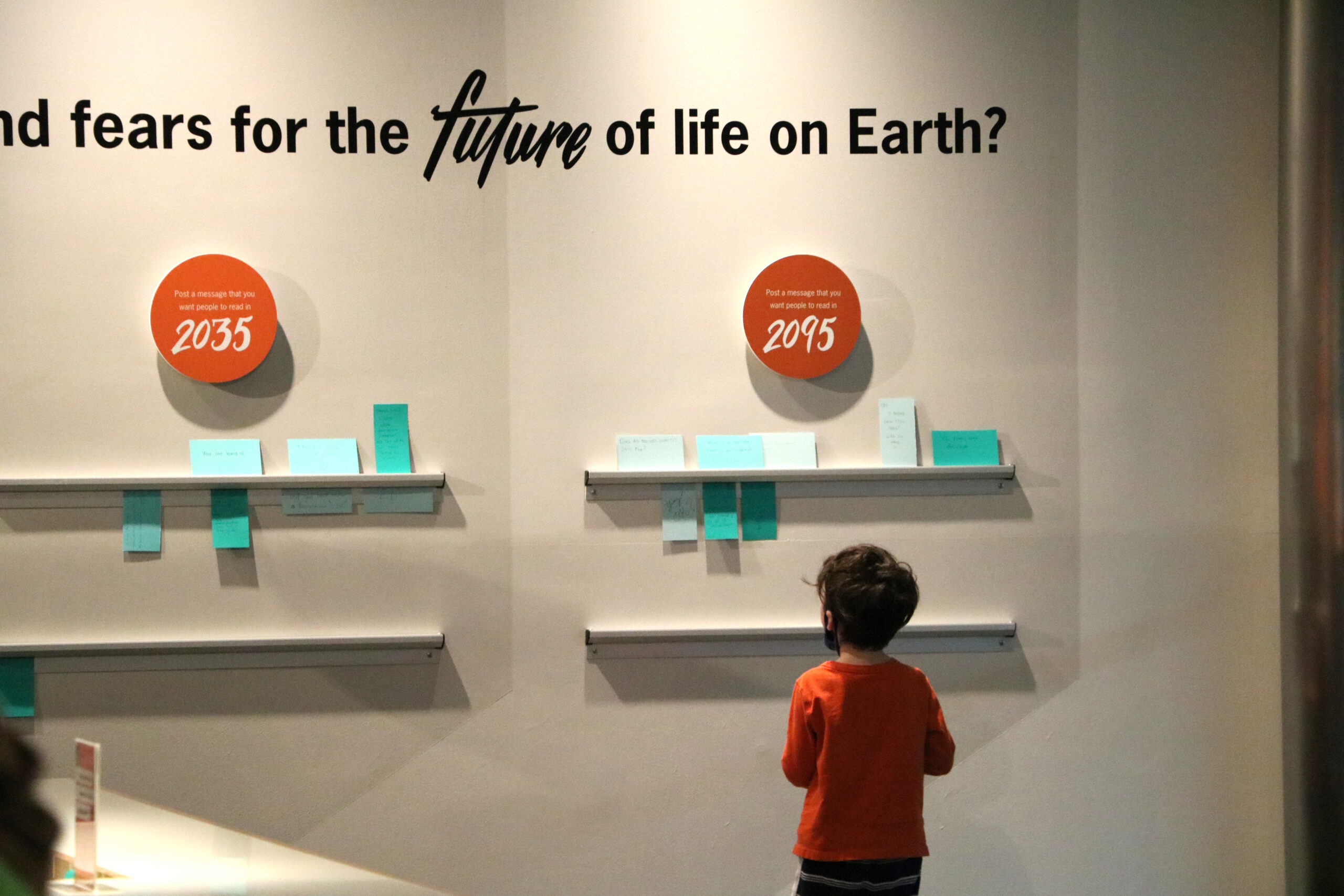
Plan Your Visit to The Carnegie Museum of Natural History
THIS MONTH, THE MUSEUM IS HOSTING AN EARTH DAY-INSPIRED EVENT AND EXHIBIT THROUGH FALL 2022
by Andrea Stehle
Aprill 11, 2022

AN EARTH DAY EVENING WITH RADIOLAB’S JAD ABUMRAD
The Warhol and Carnegie Museum of Natural History are welcoming back Jad Abumrad, founder and co-host of NPR’s Radiolab as well as composer and producer, on Saturday, April 23 at 7 p.m. Drawing on Radiolab episodes, and in conversation with Dr. Nicole Heller, associate curator of Anthropocene Studies at Carnegie Museum of Natural History, the program will explore Abumrad’s creative process, how Radiolab bridges science, art, and humanities in storytelling, and the power of this approach for interpreting the complex social-natural science needed for sustaining a healthy planet. Abumrad has received three Peabody Awards for Radiolab, and was named a MacArthur Fellow in 2011.
“They’re going to talk about Earth Day itself, and the nexus of science and art and science communication,” says Sloan MacRae, Director of Marketing of The Carnegie Museum of Natural History.
Tickets can be purchased here.
WE ARE NATURE: A NEW NATURAL HISTORY
“We are not separate from nature; we are nature.”
Carnegie Museum of Natural History follows up its groundbreaking 2017 exhibition We Are Nature: Living in the Anthropocene with an original visitor experience that weaves stories across the entire museum into an interactive journey spanning from deep time to our own times. The exhibit is ongoing through November 2022.
Fifteen focal points, interspersed throughout museum galleries, highlight the connections between humans and the rest of nature, culminating in a new interactive exhibition space that invites visitors to share their hopes and fears for the future, contribute to time capsules, and learn how they can work for a healthier, more equitable planet. Incorporating the interdisciplinary work of scientists, artists, educators, activists, and community leaders, We Are Nature inspires visitors from Pittsburgh and beyond to transform our relationships with the rest of the living world.
“The exhibit highlights humans’ impact on nature,” says MacRae. “The idea is that if you’ve been a visitor often or frequently, you’ll see some things in new light and make some connections to human-caused changes you might not necessarily think about.”
“There are these very cool time capsules visitors can contribute to,” he says. “The first one will be opened in 2027, the year the intergovernmental panel on climate change has set as a deadline for taking bold action. The second one will be opened in 2035, the U.S.’s target year to create a ‘carbon pollution-free power sector.’ And the third will be opened in 2095 — the length of time between the 1950s and now. So, 2095 will look back on our era with lots of distance and perspective.”
For more details and to plan your visit:
https://carnegiemnh.org/explore/we-are-nature-a-new-natural-history/

CLIMATE AND RURAL SYSTEMS PARTNERSHIP (CRSP)
In 2019, The National Science Foundation awarded Carnegie Museum of Natural History a $1,254,205 grant to develop the Climate and Rural Systems Partnership (CRSP), a learning network that connects and empowers Western Pennsylvania educators, scientists, and community leaders to address climate change issues with rural audiences. The award, which funds the project for four years, recognizes the museum’s commitment to engaging and studying the Anthropocene, the current epoch in which human activity profoundly influences planetary systems.
Climate change is a crisis of science, human health, economics, policy, culture and ethics. It’s a wicked problem that touches all aspects of our lives, which means everyone has a stake in finding solutions.
That’s where the Climate and Rural Systems Partnership (CRSP) comes in. The project believes in the collective power of community relationships to cross social and political barriers and encourage conversations around the climate issues that impact all of us. The Museum does this by exploring meaningful processes for engaging community members in deliberation around complex socio-scientific topics.
To break the stigma, the Museum creates space for open conversations about climate change. CRSP brings together diverse networks of educators, students, farmers, business leaders, government officials, community groups, scientists, outdoor recreationists, and others who want to work together to solve the climate crisis in communities across Western PA.
“My advice to folks wondering what they can do about climate change is to find a group of likeminded people who care about the issues important to you and challenge the assumption that you need to be an expert or have all the answers before you get started,” says Taiji Nelson, Senior Program Manager, Climate and Rural Systems Partnership. “Everyone has something to contribute and this moment calls for all hands on deck.”
For more information, visit: https://carnegiemnh.org/educator/crsp-2/

Leave A Comment